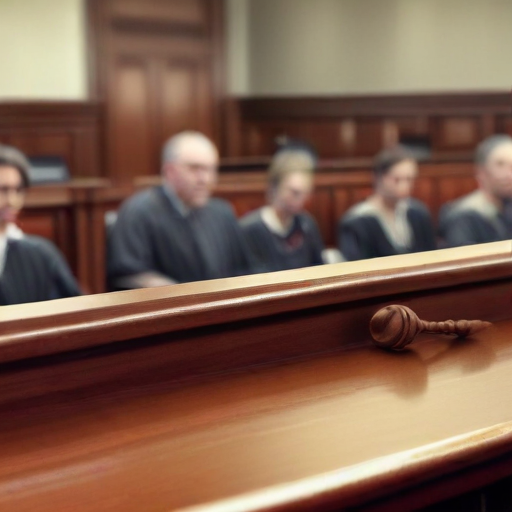A New York jury was instructed by a judge to continue their deliberations in the trial of Daniel Penny, a former Marine facing charges of second-degree manslaughter and criminally negligent homicide in connection with the death of Jordan Neely, an unarmed homeless man. Neely died after being placed in a chokehold by Penny during a confrontation on a subway car on May 1, 2023. The incident has garnered significant attention, leading to protests in New York City.
The jury began deliberations after a month of witness testimonies and evidence. However, they communicated to the judge that they were unable to reach a unanimous verdict, prompting the judge to advise them to keep working toward a decision. Neely, known for his performances as a Michael Jackson tribute artist in Times Square, was reported to have been yelling on the subway before the altercation.
Penny stated that he intervened because Neely had been threatening other passengers. While the prosecution claimed that Penny’s chokehold was excessively forceful and prolonged, his defense argued that Neely was acting erratically and posed a credible threat to others. They contended that there were multiple factors at play in Neely’s death, including his existing health issues.
Prosecutor Dafna Yoran emphasized that Penny should have recognized the severe risk involved in his actions, as the chokehold lasted approximately six minutes. In contrast, the defense maintained that Penny’s actions were justified based on the context of the situation, arguing that bystanders were fearful for their safety.
Throughout the trial, public sentiment was palpable, with protests advocating for justice for Neely occurring regularly outside the courthouse. The incident has sparked discussions about mental health, public safety, and the experiences of individuals encountering similar situations on the subway in New York City.
In summary, this case not only addresses the legal responsibilities of individuals in reacting to perceived threats but also touches upon broader societal issues such as mental health and public safety in urban environments. It reflects the ongoing challenges faced by cities in balancing public safety with the humane treatment of vulnerable populations. As the jury continues to deliberate, there remains hope for a resolution that takes into account both justice for Neely and the complexities of the situation.
